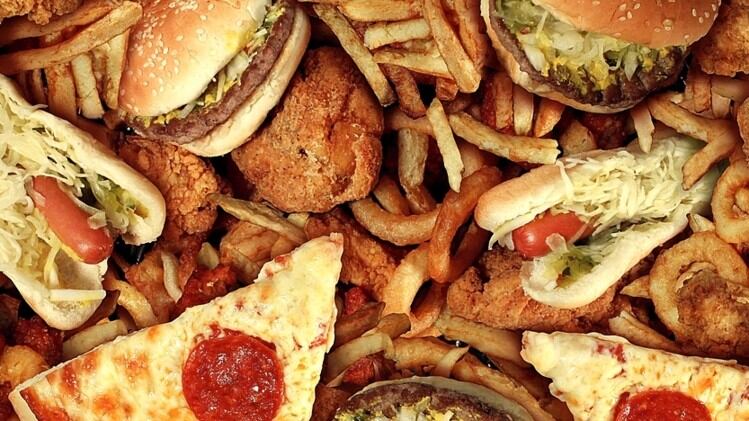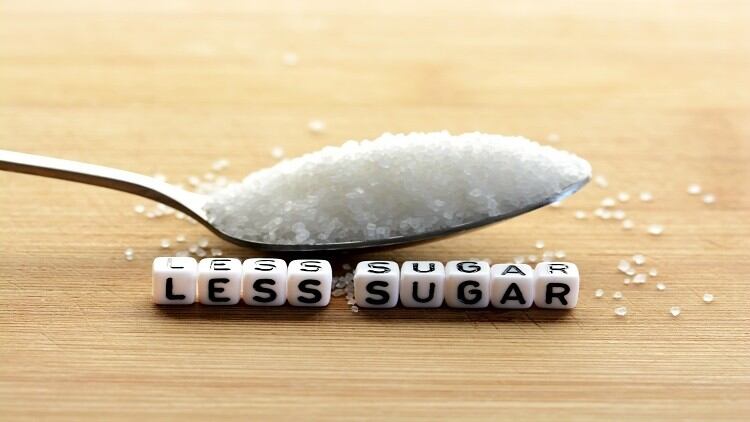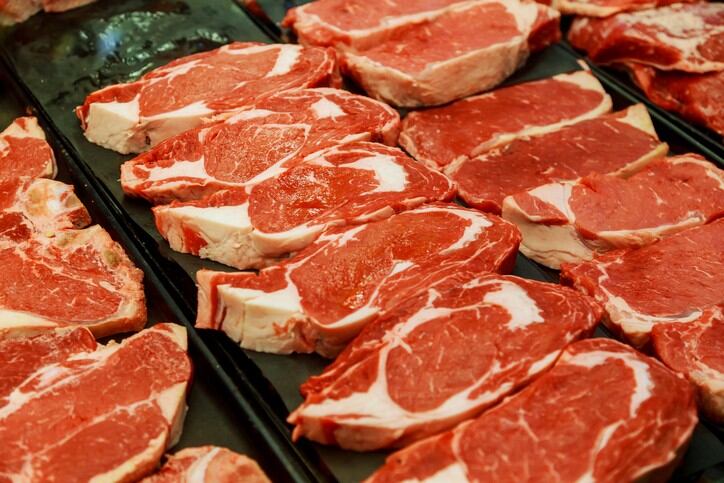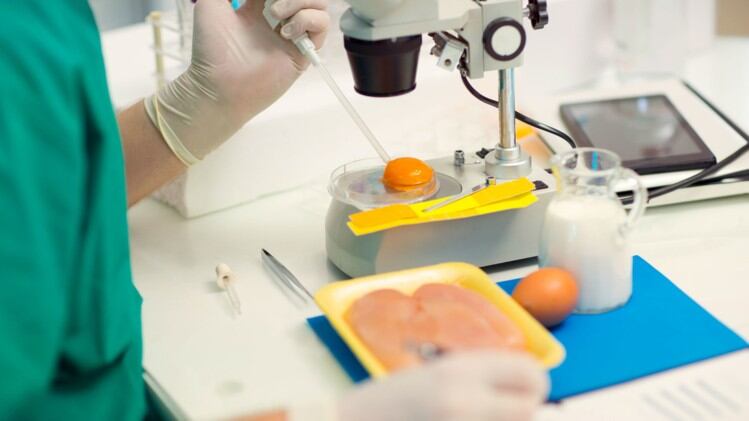The findings could reinforce previous data suggesting that developing countries consume less ultraprocessed foods as compared to developed ones.
The study was conducted based on the Jakarta Individual Food Consumption Survey 2014. Researchers aimed to analyse processed and ultraprocessed food consumption in Jakarta, classify the foods consumed, and calculate their contribution to overall energy and nutrient intake.
The nonprocessed food group was defined to include fresh foods, unprocessed foods, raw materials food preparation, and breast milk. This included rice, the nation’s staple.
Ultraprocessed foods were defined to include foods processed via the addition of many ingredients, mostly ready-to-eat or only requiring simple preparation before consumption. Beverages dominated this category, including tea, coffee and high-sugar beverages.
The food categories were grouped into nonprocessed, processed (nonprocessed plus a few ingredients only, e.g. white bread), processed ingredients (cannot be directly consumed, e.g. flour) and ultraprocessed based on the NOVA classification system.
Jakarta was selected for the study due to its highly heterogeneous population, as well as its higher accessibility to various food types.
The study found that overall, Jakarta individuals’ daily food consumption was dominated by nonprocessed foods (57.2%), and that ultraprocessed foods only comprised less than one-fifth of the total (19.5%).
When translated to total energy intake, nonprocessed food comprised 52.2%, and ultraprocessed food 15.7%.
This was in stark contrast to studies conducted in developed countries where ultraprocessed foods were revealed to contribute to over half of the total energy intake.
Ulltraprocessed foods contributed to 53% and 57.9% of total energy intake in the United Kingdom and United States respectively. However, according to the authors, the Jakarta study results were in accordance with studies conducted in Brazil, a developing country.
Dangers of ultraprocessed foods
Ultraprocessed foods generally contain high eramounts of salt, sugar and/or other preservatives.
These have been linked to various chronic diseases, and are also generally recognised to be unhealthy.
A recent study published in the British Medical Journal has also linked ultraprocessed foods to cancer.
Other findings
The study found that ultraprocessed foods dominated the energy intake of children aged zero to four, but this was attributed to dairy-based food products like infant formula.
This finding was also similar to Brazil, where ultraprocessed foods made up 47.0% of the energy intake in children aged two to ten years old.
Researchers did find one area of similarity with developed countries, where the amount of ultraprocessed food consumption decreased as age increased.
“The food industry plays a major role in maintaining the nutritional contents of raw materials and processed foods and in producing products with good nutrient profiles,” wrote the researchers.
Source: Asia Pacific Journal of Clinical Nutrition
https://doi.org/10.6133/apjcn.062017.01
“Processed and ultraprocessed food consumption pattern in the Jakarta Individual Food Consumption Survey 2014”
Authors: Setyowati, D. et. al.





